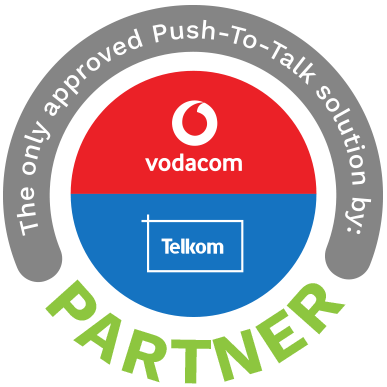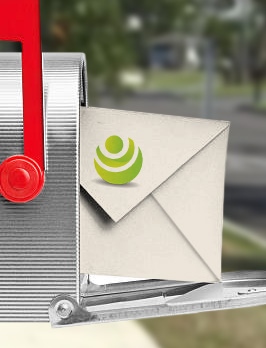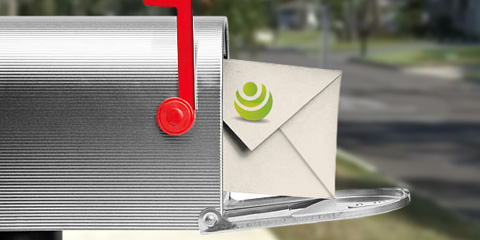What is Push-to-Talk technology?
Push-to-talk technology, also known as PTT, is a communication system that allows users to transmit audio by pressing a button, much like a walkie-talkie.
It is typically used in situations where continuous transmission of audio is not necessary, such as in a warehouse or on a construction site. In recent years, PTT has become a popular choice for businesses looking to improve team communication, as it offers several benefits over traditional communication methods.
Benefits of Push-to-Talk
One of the main benefits of PTT is its simplicity. Unlike phone or video calls, which require users to initiate a call and wait for the other party to answer, PTT allows users to instantly communicate with their team by simply pressing a button. This makes it easier for team members to quickly share information or ask for help, which can be especially useful in fast-paced or high-stress environments.
Another benefit of PTT is its ability to connect team members in real-time. With traditional communication methods, there can be significant delays between the time a message is sent and the time it is received. This can lead to misunderstandings or miscommunications, which can be costly in terms of time and resources. PTT eliminates these delays by allowing team members to communicate instantly, which can improve efficiency and productivity.
PTT is also a more secure communication method compared to other options such as email or text messaging. PTT conversations are typically encrypted and can only be accessed by authorized users, making it a safer option for transmitting sensitive or confidential information. This can be especially important for businesses that handle sensitive data or operate in regulated industries.
In addition to its real-time and secure nature, PTT is also a more reliable form of communication. Traditional methods, such as phone calls or text messaging, can be disrupted by poor network coverage or technical issues. PTT, on the other hand, is less susceptible to these types of issues and can provide a more reliable connection in challenging environments.
Why Choose PTT?
One of the reasons why push-to-talk is and should be your preferred option is because LMR radios have a longer range than UHF radios. Traditional two-way radios, for example, have a limited range. Push to Talk, on the other hand, is NOT limited by a repeater system and has an unlimited range due to internet connectivity. GSM 2g, 3g, 4g, 5g (or LTE), but also any other connection, such as WiFi or satellite.
GSM is also based on repeaters with your local MNO (Mobile network operator), such as Vodacom, but traditional repeaters may have 1 to 5 or even 50 repeaters if managed and implemented by a large private company, as opposed to Vodacom's 30 000+ repeaters and growing. This ensures that there is almost always a connection, which no two-way system can ever compete with. In contrast to the old privately owned repeaters, which must be maintained by yourself or the company implementing such a system, the MNO will also maintain the infrastructure.
In the event of loadshedding and the batteries dying, being stolen, or being struck by lightning, someone will need to repair this repeater, which means you will be unable to communicate. Because MNO repeaters overlap, you will not be aware that repeaters are down in an area and thus will be able to communicate.
PTT is also not bound by geographical boundaries and can instantly connect to any user in any country as long as the individual or group is connected to the internet. Because 99% of all old-technology LMR and DMR systems are shared between companies, they are insecure, whereas Instacom PTT is 100% secure at all times, with each company operating independently within the system.
Some industries, such as mining or defense, law enforcement or the military, would prefer to be on a closed infrastructure with no breakout to any other connection or site, which is available with PTT, with no boundaries, versus old DMR or LMR systems, which are still limited in their connectivity range.
Conclusion
Overall, push-to-talk technology is a powerful tool for improving team communication. Its ease of use, real-time connectivity, security, and dependability make it a good option for businesses that want to make their communication more efficient and streamline their processes.













Comments
Be the first to write a comment.